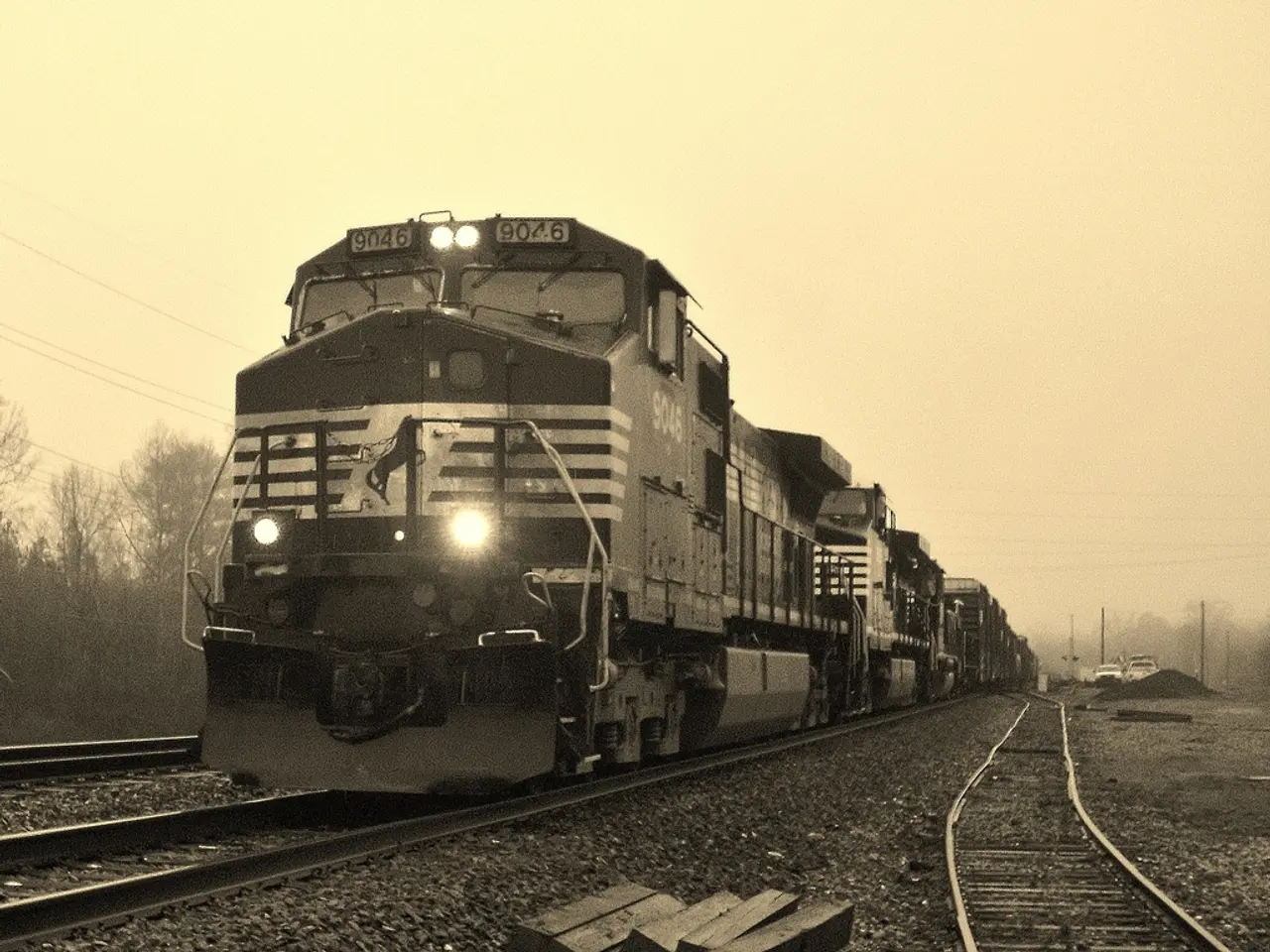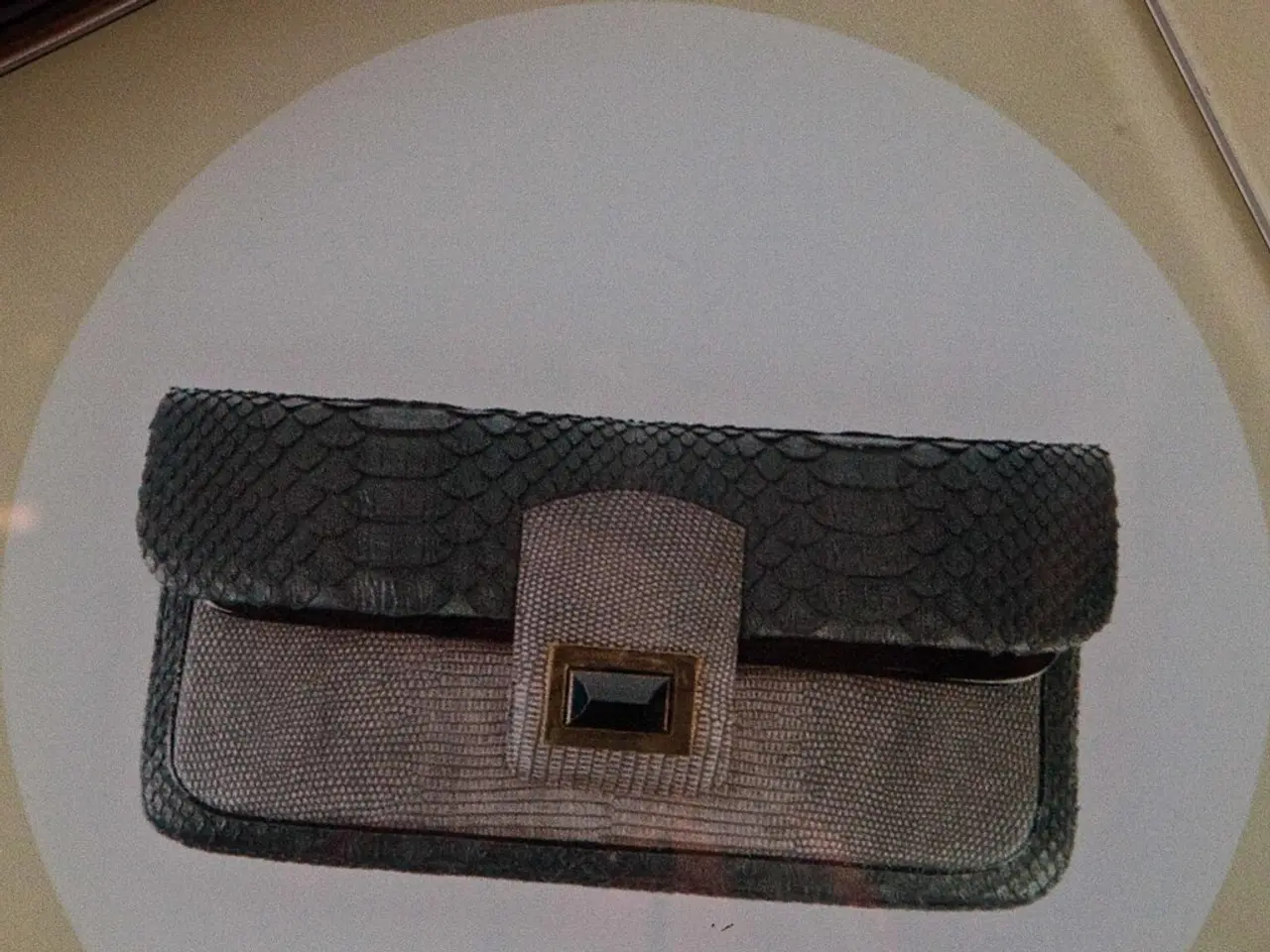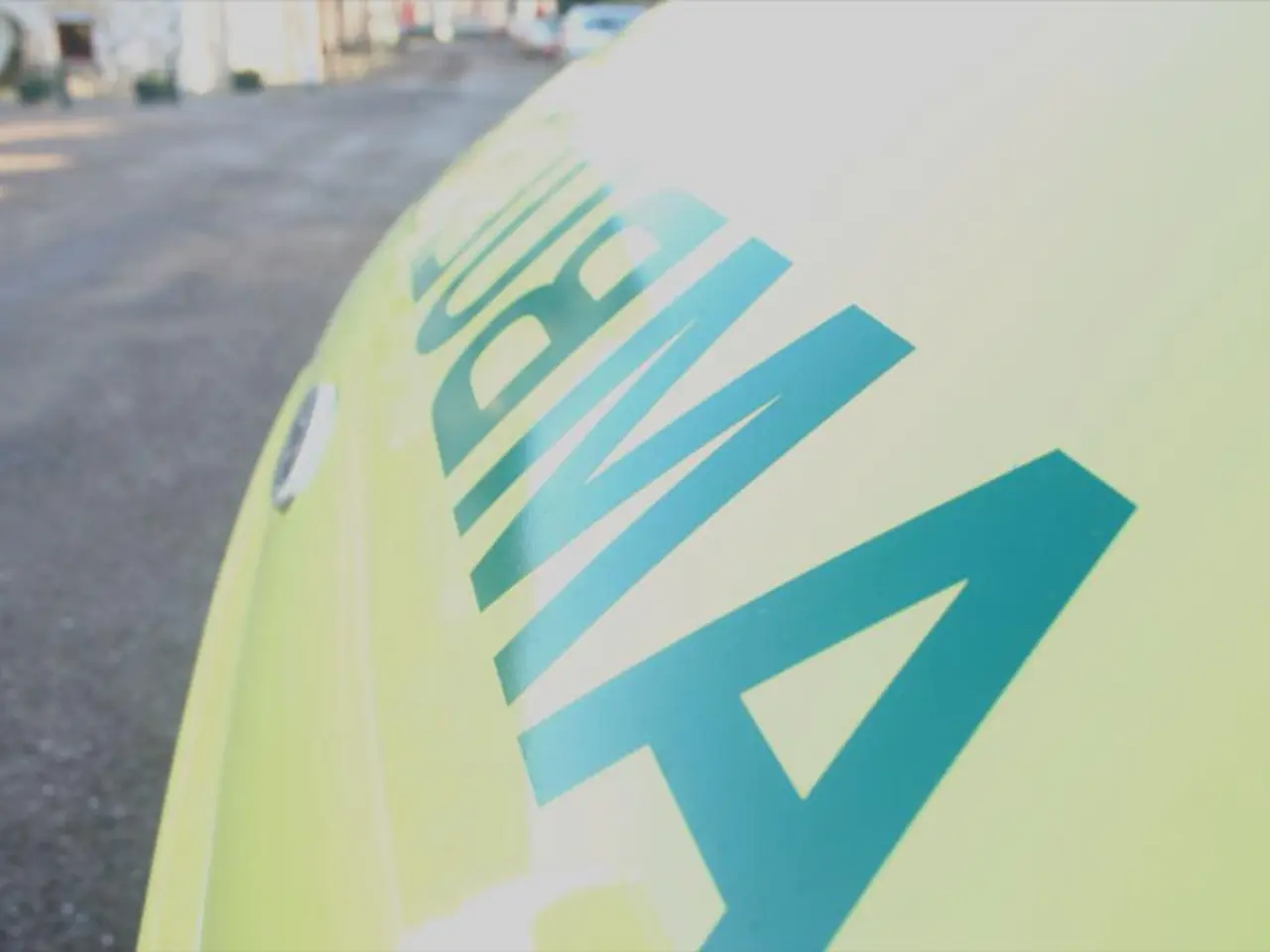Steel Magnate Rehlinger Swears Loyalty to German Industry - German industrialist Rehlinger intends to solidify his dedication towards the national steel sector
Saarland's Minister-President, Anke Rehlinger, has been advocating for a commitment to the German steel industry, particularly in her region. The steel industry is a vital sector in Saarland, with around 12,000 jobs directly dependent on steel-producing companies, and thousands more in the supply industry also relying on its success [1].
Rehlinger has been urging the Federal Minister of Economics, Katherina Reiche (CDU), to clearly state her roadmap for supporting the German steel industry. She believes that the transition to green steel is a priority and is calling for expedited action [2]. The Minister-President is demanding clear framework conditions for the transition to ensure the Saarland's steel industry remains in Germany [3].
In late 2022, the steel industry in Saarland presented a 3.5 billion euro plan to switch to hydrogen production instead of coal and coke. Of this, 2.6 billion euros comes from the federal government for the steel industry's transition in Saarland [4]. However, no national steel summit has been scheduled yet.
Rehlinger is also emphasizing the need for a national steel summit to be held, stating that failure to do so would be a mistake. She believes that such a summit would provide an opportunity to clarify the roadmap for expanding hydrogen infrastructure and a power strategy [5].
The steel industry is a focus of concern for Rehlinger, who has been demanding clear facts and action regarding the German steel industry. She has been particularly vocal about ArcelorMittal's decision to initially step back from the transition to green steel [6].
Despite these challenges, the current federal government of Germany is committed to supporting the steel industry's future, including in Saarland. This includes pushing for rapid implementation of the European Steel and Metals Action Plan (ESMAP) and establishing stronger national and EU-level measures to protect and modernize the sector [7].
The federal government is expected to meet coalition commitments and push for adapting ESMAP at the EU level to secure the steel industry's competitiveness and jobs [1]. However, challenges remain, such as ArcelorMittal's recent suspension of its green steel transition plans, despite large subsidies offered by the government [3].
The government support includes significant funding incentives aimed at green hydrogen-based steel production, aligned with Germany’s goal of carbon neutrality by 2045 [3]. While the federal budget for 2025 has experienced delays, which may temporarily constrain infrastructure and investment initiatives, the overall strategic commitment to support and transform the steel industry—including in Saarland—remains strong, focusing on sustainability, competitiveness, and job security within a challenging global market context [1][4].
References:
- Deutschlandfunk
- Saarbrücker Zeitung
- Handelsblatt
- Saarbrücker Zeitung
- Deutschlandfunk
- Saarbrücker Zeitung
- Deutschlandfunk
- Anke Rehlinger, Saarland's Minister-President, has highlighted the necessity of a community policy that clearly outlines the federal government's roadmap for supporting the steel industry, particularly during the transition to green steel.
- Rehlinger has been advocating for a national steel summit to establish clear framework conditions for the industry's transformation, emphasizing the need to expand hydrogen infrastructure and develop a power strategy.
- In the realm of business and politics, Rehlinger believes that lack of action regarding a national steel summit could be a detrimental mistake, potentially undermining the competitiveness and job security of the steel industry, especially in regions like Saarland.
- The current German federal government has expressed its commitment to the steel industry's future, not only in Saarland but across the nation, through policy and legislation that prioritizes the industry's transformation to green steel production, ensuring its sustainability and competitiveness within the global market, while also securing jobs.




